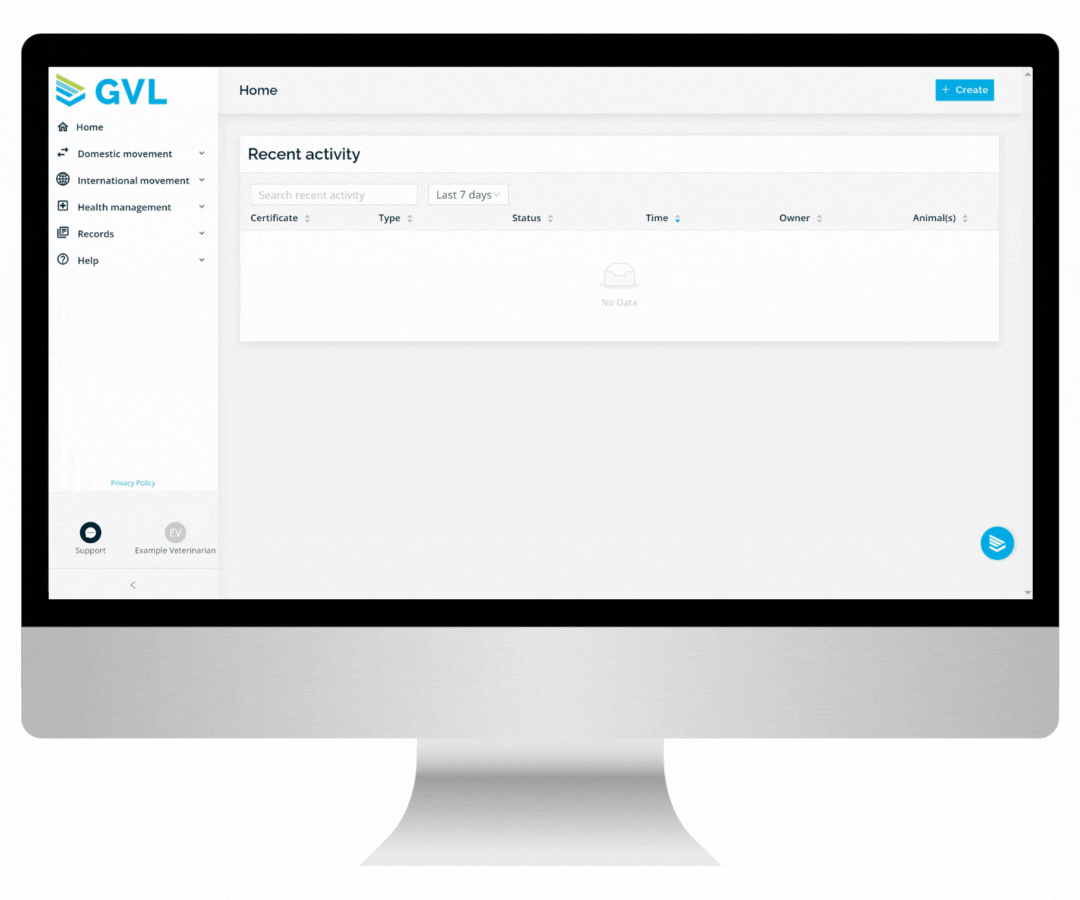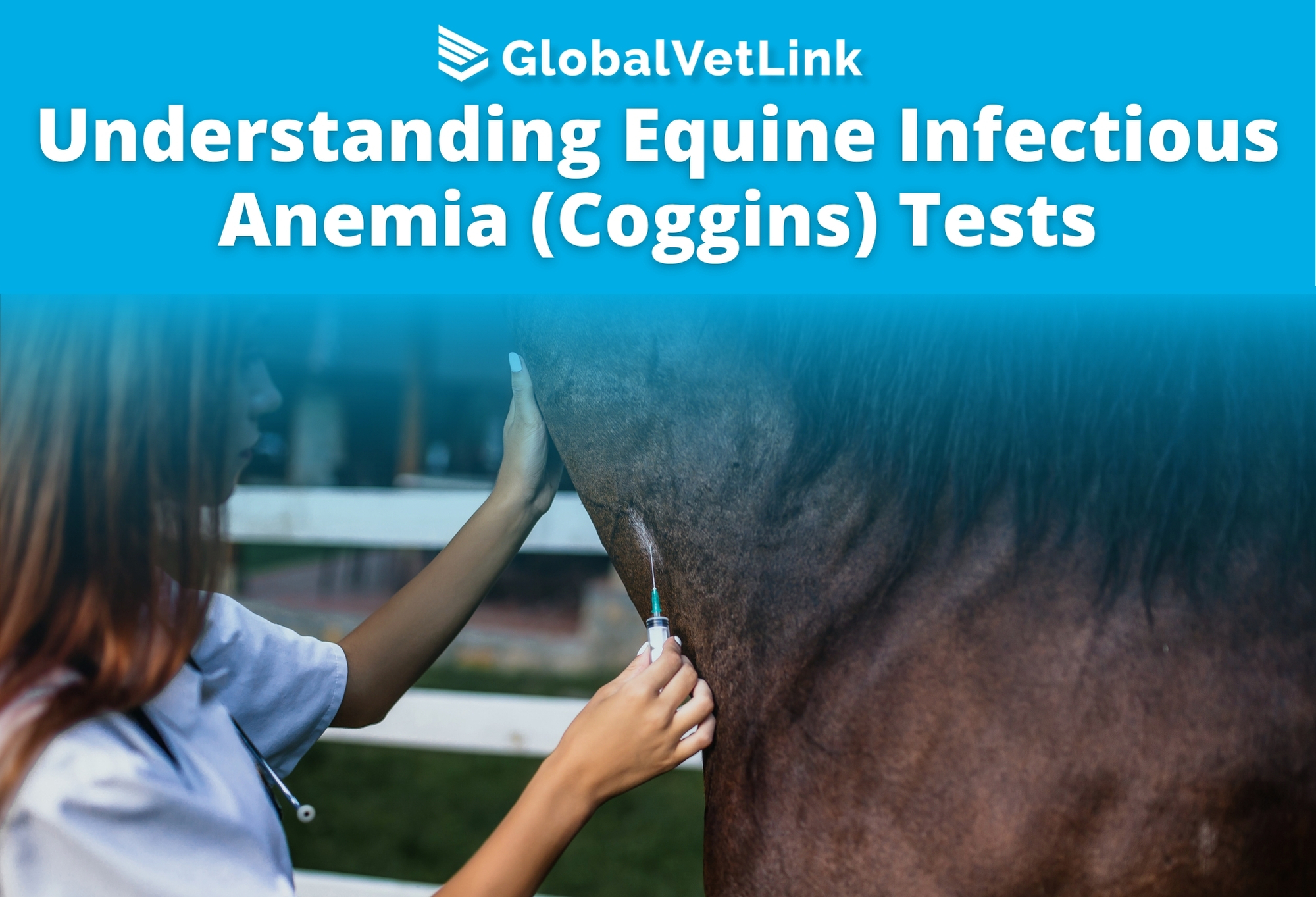Understanding Equine Infectious Anemia (Coggins) Tests
Equine health is important for horse owners and enthusiasts alike. Among the essential measures to ensure the well-being of these animals is the Equine Infectious Anemia (EIA) test, commonly known as the Coggins test. In this comprehensive guide, we'll dive into what the Coggins test entails, its significance, and the varying requirements by state.
What is the Coggins Test?
The Coggins test is a diagnostic tool used to detect Equine Infectious Anemia, a viral disease that affects horses, mules, and donkeys. While certain equines may carry the virus without displaying any outward signs, others may exhibit pronounced symptoms of the illness, such as irregular heartbeats, edema in the legs and abdomen, lethargy, anemia, elevated body temperature, and, in severe cases, sudden death.
An EIA outbreak within a herd can have devastating consequences due to the highly contagious nature of the disease. EIA is transmitted from one horse to another through the bites of mosquitoes and flies that have previously fed on an infected animal. Unlike many diseases, direct contact with an infected horse is not required for transmission, making containment challenging. EIA can rapidly spread among equines since insects are naturally attracted to areas where horses congregate, such as barns. Therefore, horse owners must stay vigilant in regular Coggins testing.
Significance of the Coggins Test
The significance of the Coggins test cannot be emphasized enough in preserving equine health and stopping the transmission of EIA. This test is crucial for various purposes, including travel, participation in shows, sales, and breeding programs. Additionally, it plays a pivotal role in disease surveillance and control measures implemented by veterinary authorities.
Beyond its role in equine health and disease control, the Coggins test holds significant importance in the broader equine industry and regulatory frameworks. Mandating proof of a negative Coggins test before travel or participating in an event helps prevent the spread of EIA across regions or among horse populations. This not only protects individual animals but also safeguards economic interests and maintains public confidence in equine-related activities. Therefore, the Coggins test plays a vital role in ensuring responsible horse ownership and effective disease management strategies.
Coggins Test Requirements by State
Understanding the specific requirements for Coggins testing is essential for horse owners, especially when traveling across state lines. Each state in the US may have its own regulations regarding the frequency of testing, validity period of Coggins certificates, and documentation requirements.
For instance, some states may mandate an annual Coggins test for all equines, while others may require testing every two years. Additionally, certain states may necessitate a negative Coggins certificate issued within a specified timeframe before entry.
To ensure compliance, it's important for horse owners to familiarize themselves with the Coggins test requirements of each state before traveling or participating in equine activities. This can be easily accomplished by consulting with local veterinarians or accessing resources provided by state agricultural departments.
How Can GlobalVetLink Help?
GlobalVetLink gives veterinarians fast EIA results with over 160 labs connected online. Veterinarians can digitally create and submit Equine Infectious Anemia (EIA) tests instantly to laboratories. Afterward, they can share the final test certificates online with clients through their free MyVetLink account! MyVetLink provides animal owners with 24/7 access to their records, including health certificates, EIA "Coggins" tests, rabies vaccination certificates, and Veterinary Feed Directives (VFDs).

Equine health management revolves around preventive measures like the Coggins test to mitigate the risks associated with infectious diseases like Equine Infectious Anemia. By staying informed about the Coggins test requirements by state and ensuring compliance, horse owners can contribute to the overall well-being of the equine community while enjoying equine activities with peace of mind.
